
Numbers don’t tell the whole story, but gaining a better sense of the frequency, risks, and impact on patients’ quality of life can help improve treatment efforts and enhance outcomes.

Numbers don’t tell the whole story, but gaining a better sense of the frequency, risks, and impact on patients’ quality of life can help improve treatment efforts and enhance outcomes.

Sometimes the work we are called to do is not what one traditionally expects. Be receptive to the “reason”-when the Sherpa knocks. More in this Portrait of a Psychiatrist.

Finding the right dosage of a psychotropic may be notoriously time consuming, but thought should be granted to the sexually dimorphic expression of CYP450 enzymes when prescribing medication.

There has been significant improvement in the outcome of many malignancies, which have required balancing anti-tumor immunity and immune toxicity.

There’s an old joke about change: How many psychiatrists does it take to change a light bulb? Just one, but the light bulb really has to want to change.

HBOT can bring about dramatic improvement in many neurological conditions for which we have had very little to offer other than palliative care.

Winter had not yet fallen. A crimson tide of red leaves rained down from the heavens...

A series aimed at engaging prominent individuals who have made meaningful criticisms of psychiatry and have offered constructive alternative perspectives. First interview: Allen Frances, MD, Chair of the DSM-IV Task Force.

To many Lao, the concepts of mental illness and spirituality are tightly intertwined.

You don’t need to be a tech wizard to help patients and offer guidance on digital mental health tools.

Even as antidepressants improve mood, they can worsen sleep-and poor sleep is both a symptom and a cause of depression.

There are ways to prevent, manage, and treat TD, and this podcast will guide you through those steps from FDA-approved medications to off-label therapies.
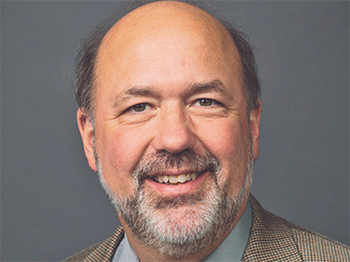
Psychiatry has finally crossed into a new paradigm in the treatment of TRD, bringing the glutamate system on board to join the modulation of the monoamine systems.

Does psychiatry have an implicit bias about religion?
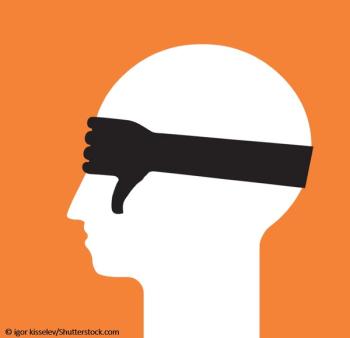
Negative symptoms are prominent in schizophrenia. Despite their importance in driving functional outcomes, however, effective treatment of negative symptoms remains elusive.

Psychiatrists' knowledge about how the mind works may be the “secret ingredient” to help reduce burnout in other physicians.

Our ethical priorities must include the care of our colleagues as well as our patients of backgrounds subject to hate and discrimination.

A lively ongoing debate is examining the ethics and legality of age-based evaluation of clinicians.

Occupational hazards in the world of a doughboy.

Despite growing awareness and dangers of opioid diversion, misuse among the aging population has skyrocketed.

Between the extremes of priest and provider lies the healing heart of the physician.
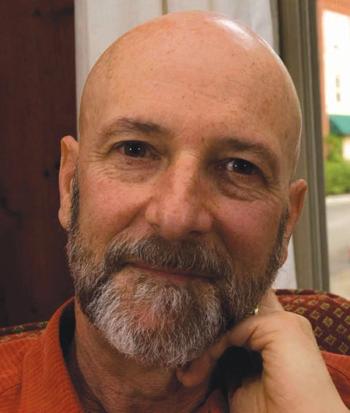
They ask me to sign the moment before my poetry reading and I comply...

Experts are divided on the issue, but there’s one thing nearly all agree on.
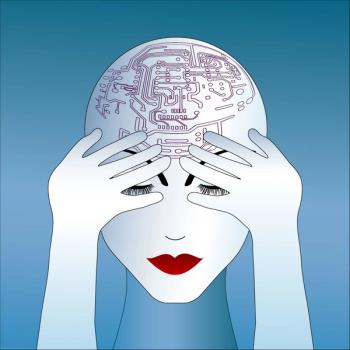
Tardive dyskinesia hits affected populations hard, especially older folks with poor support systems.

Few professional interactions create more anxiety, worry, and deep concern than telling someone unpleasant and painful news. Without a supportive environment, such conversations can enhance the chances of burnout.

At a minimum, a mental disorder is considered an undesirable and unwanted condition either for the individual or the society. However, that is clearly very relativistic and does little to protect against social misuse of disorder designation.

A dysfunction-based defense against misuse of disorder designation has serious conceptual deficiencies, is vulnerable to social biases, and offers very little protection in practice.

Part 1 of a three-part series on a pertinent philosophical question in the era of diagnostic inflation: What conceptual means are available to prevent deviant and undesirable behavioral conditions from being diagnosed as mental disorders as a result of social bias and stigma?

She wondered what the secret was to life as a psychiatrist, a grieving daughter, and a new mother of twins.
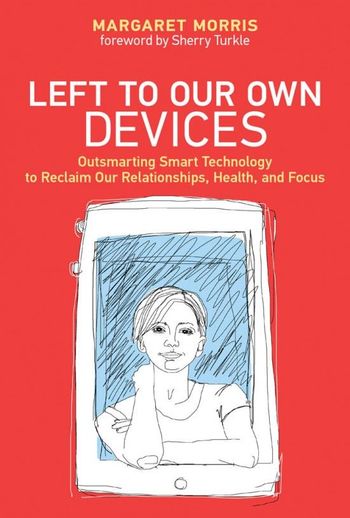
As interest in mental health technology grows, so do questions about its risks and benefits. more in this book review.